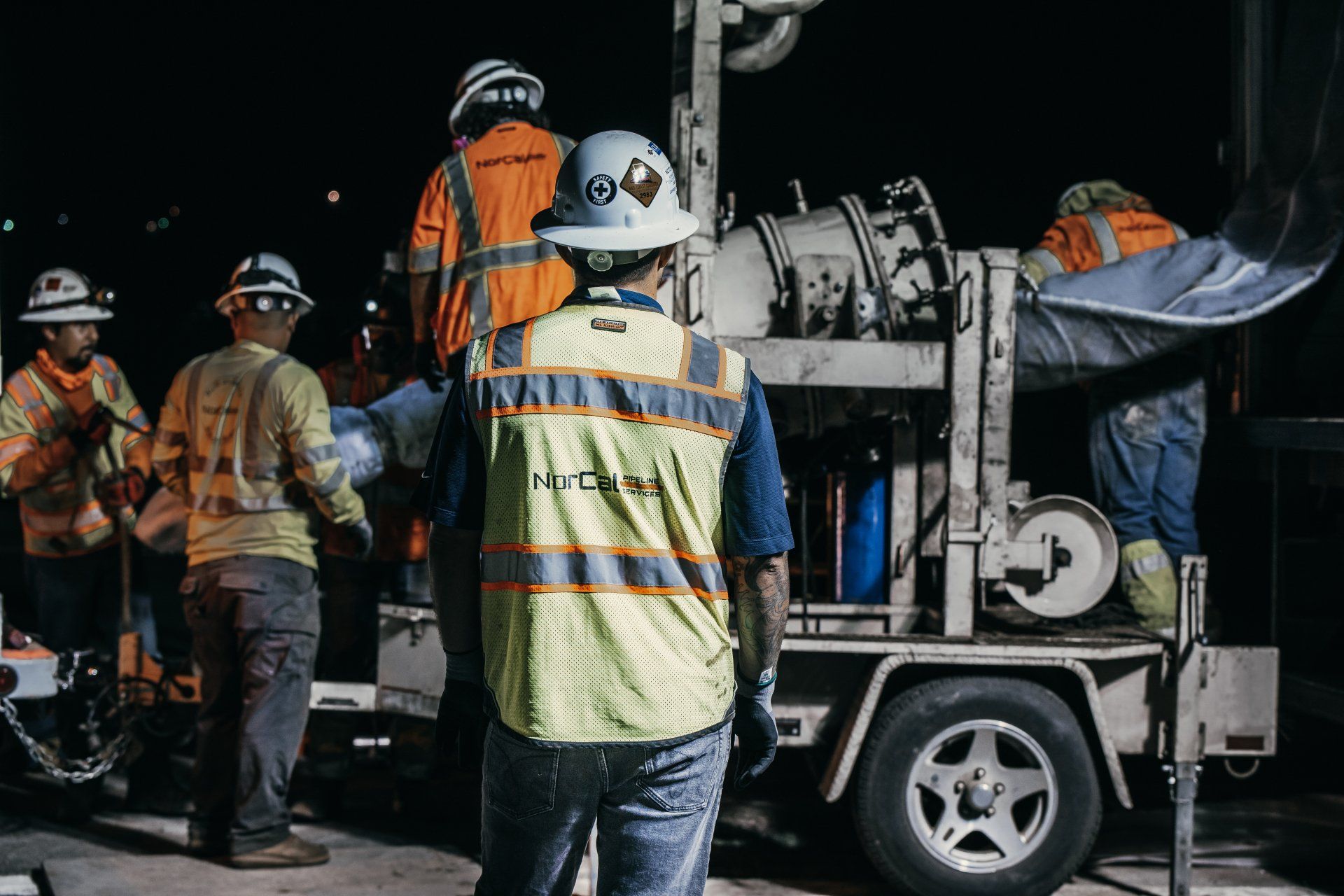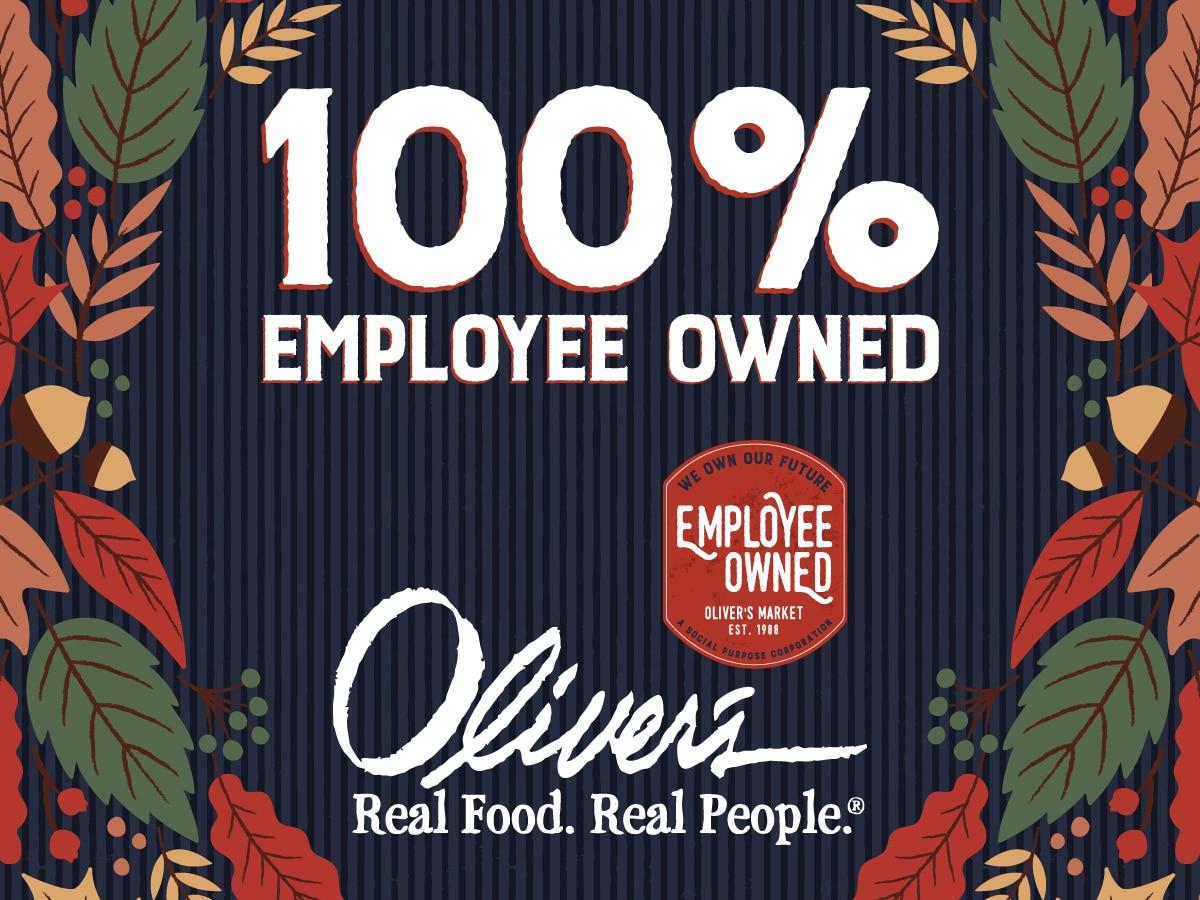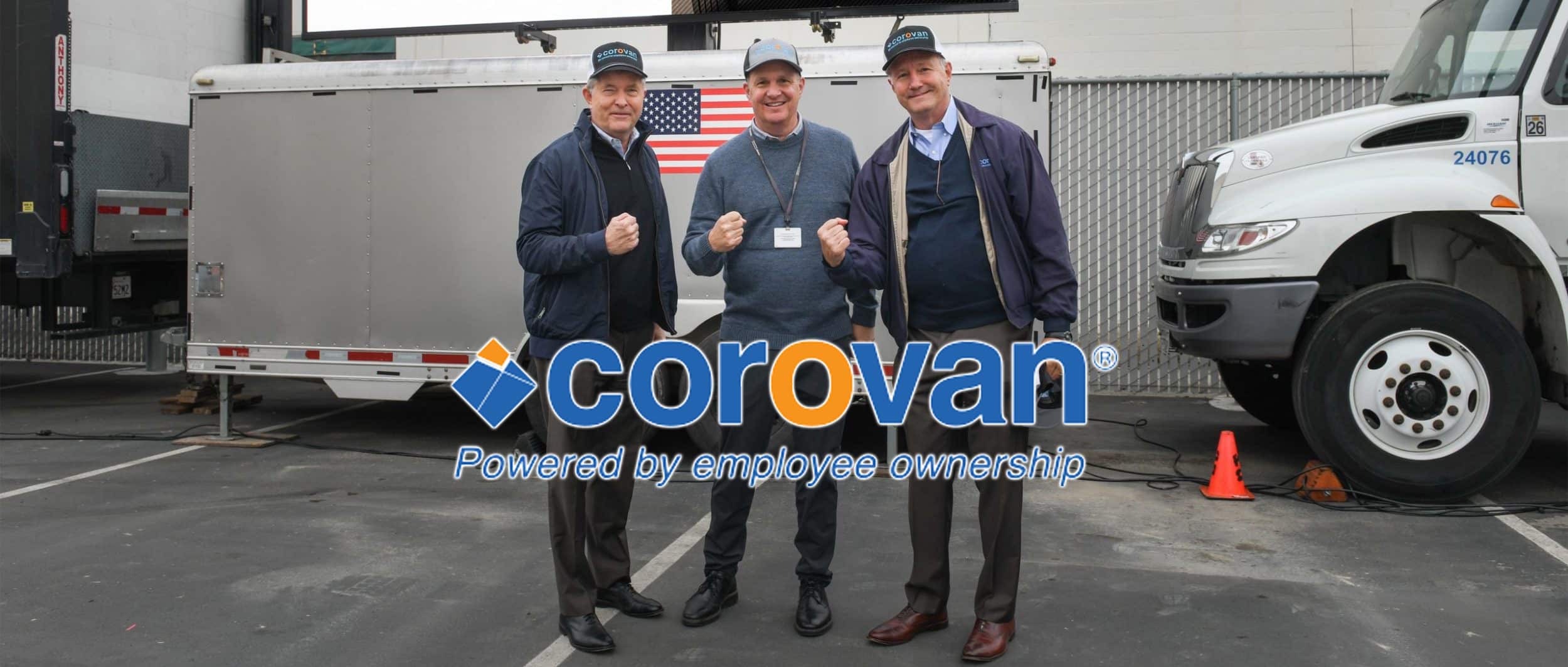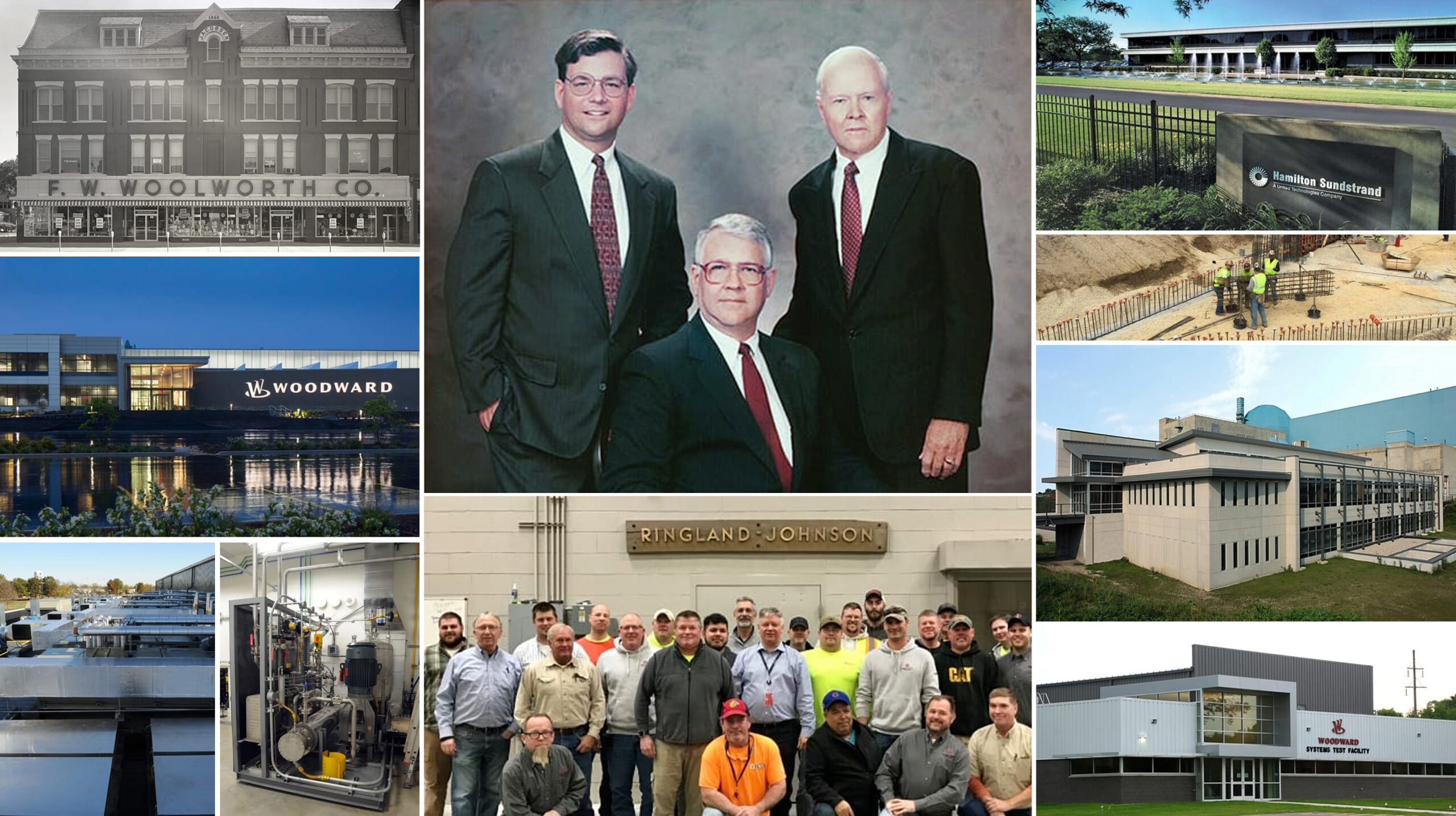Click here to read the original article at bizjournals.com
For business owners who want to cash out but still oversee the direction of the company and take care of their workers, an employee stock ownership plan might be the best bet.
That was the message from panelists Tuesday morning at the monthly meeting of ACG Kentucky, the local affiliate of the Association for Corporate Growth.
Many entrepreneurs get caught up in the tax benefits of ESOPs, but sellers have to consider their goals, said Alan Taylor, a partner in Louisville accounting and consulting firm BKD LLP.
“If you just want to cash out and go to the beach, there would be other transactions that would be better,” he said.
ESOPs serve as retirement plans for employees. An ESOP, controlled by a trustee, buys all the shares of a company. Then, company profits are placed into accounts for employees, with payouts based on the proportion of an employee’s salary to the company’s total payroll.
For those who wish to turn their businesses over to employee ownership, ESOPs provide several advantages.
In most cases, company profits are not taxed, because they flow to the employee retirement plan.
“Depending on which state you’re in, that’s maybe 45 percent of cash flow that is not going out for taxes that you can use to start investing in other businesses,” said Spencer Coates, president of Houchens Industries Inc. The Bowling Green, Ky.-based company is the largest ESOP in the country.
That can make ESOPs a “nirvana” for baby boomers and others who are engaged in estate planning, said James B. Martin, a Louisville attorney with Stoll Keenon Ogden PLLC.
Franklin Jelsma, an attorney with Wyatt, Tarrant & Combs LLP, said studies show that sales and productivity each increase at ESOP companies.
“There is no better incentive than employees realizing it’s their money,” Coates said.







